Santiago, Chile — Chile has entered a decisive phase in its political journey as the first round of the presidential election resulted in no candidate securing a clear majority, setting the stage for a high-stakes runoff on December 14. The two candidates advancing to the second round represent sharply divergent visions for the country: Jeannette Jara, from the left-wing governing coalition and the Communist Party, and José Antonio Kast, a veteran hard-right politician known for his law-and-order and conservative social policies.
First Round Outcome
In the first round of voting, Jeannette Jara emerged as the leading candidate with roughly 26–27 percent of valid votes, closely followed by José Antonio Kast, who secured approximately 24 percent. The results underscored the fragmentation of the political landscape, with neither candidate reaching the 50 percent threshold needed to avoid a runoff. Analysts note that the distribution of votes highlights a consolidated right-wing base, giving Kast a structural advantage going into the next round.
Candidates Overview
Jeannette Jara
Jara, a former labor minister and a prominent figure in the left-wing coalition, campaigned on strengthening social welfare programs, improving protections for workers, addressing cost-of-living challenges, and pursuing progressive reforms. Her association with the Communist Party energizes the leftist base, but some centrist voters remain cautious about her policies. Her challenge in the runoff will be to broaden her appeal beyond her core supporters while convincing undecided voters that her proposals are practical and inclusive.
José Antonio Kast
Kast represents Chile’s hard-right, focusing on stricter immigration controls, tougher crime prevention measures, smaller government intervention, and conservative cultural policies. His campaign appeals to voters dissatisfied with the status quo, emphasizing security, traditional values, and law-and-order initiatives. Kast benefits from a more consolidated conservative electorate, and his path to victory relies on maintaining the support of right-leaning voters while persuading moderates concerned about social and economic stability.
Key Issues Influencing Voters
Recent elections indicate that Chileans are increasingly prioritizing security, immigration, and economic concerns, alongside the more traditional focus on social programs. Public perception of crime and economic stagnation has emerged as a significant factor, even if official statistics do not show dramatic deterioration. Voter sentiment reflects broader regional trends in Latin America, where concerns over public safety and governance have influenced political shifts.
Runoff Dynamics
The December 14 runoff will test both candidates’ ability to attract voters from eliminated candidates and undecided segments. Kast enters the runoff with a structural advantage, as votes for other right-wing contenders collectively exceed a large portion of the electorate. Meanwhile, Jara faces the challenge of persuading centrist and swing voters, many of whom may be wary of her party affiliation or perceive her proposals as too radical.
Turnout will be crucial. With high voter engagement anticipated, mobilization efforts, particularly in regions outside the capital where security and economic concerns are heightened, could prove decisive.
Implications for Chile’s Future
A victory for Kast would mark a significant rightward shift in Chile’s political trajectory, potentially leading to stricter immigration policies, stronger law enforcement measures, and reforms aimed at reducing state intervention. Conversely, a win for Jara would continue the progressive policy direction of the current government, emphasizing social welfare expansion, labor protections, and inclusive reforms, while requiring her to build broader coalitions to govern effectively.
The outcome could also influence Chile’s international positioning, including trade, foreign investment, and regional diplomacy. As one of Latin America’s most stable democracies, Chile’s election results often serve as a bellwether for political trends in the region.
Looking Ahead
The next month will be critical as both campaigns intensify their efforts. Candidates will seek to consolidate support from their political bases while appealing to undecided and moderate voters. The effectiveness of their messaging, outreach strategies, and ability to address voter concerns over security, economy, and governance will likely determine the outcome.
Chile stands at a crossroads: the December 14 runoff will not only decide the country’s next president but could also shape the political, economic, and social direction of the nation for years to come.

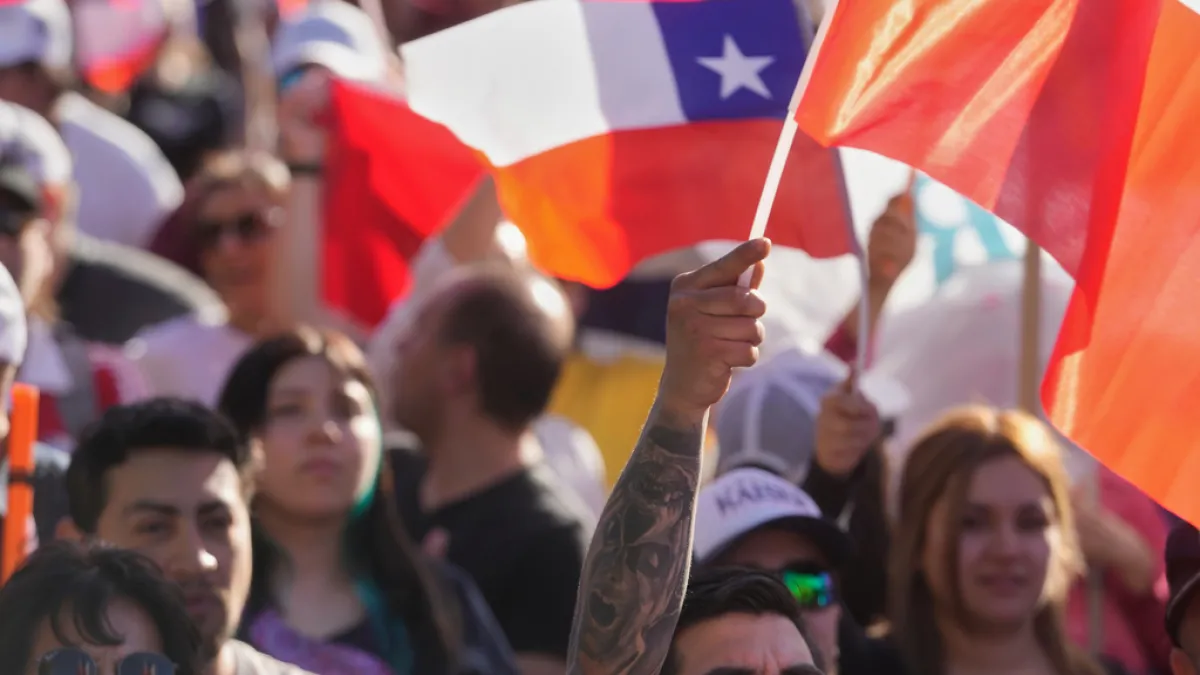

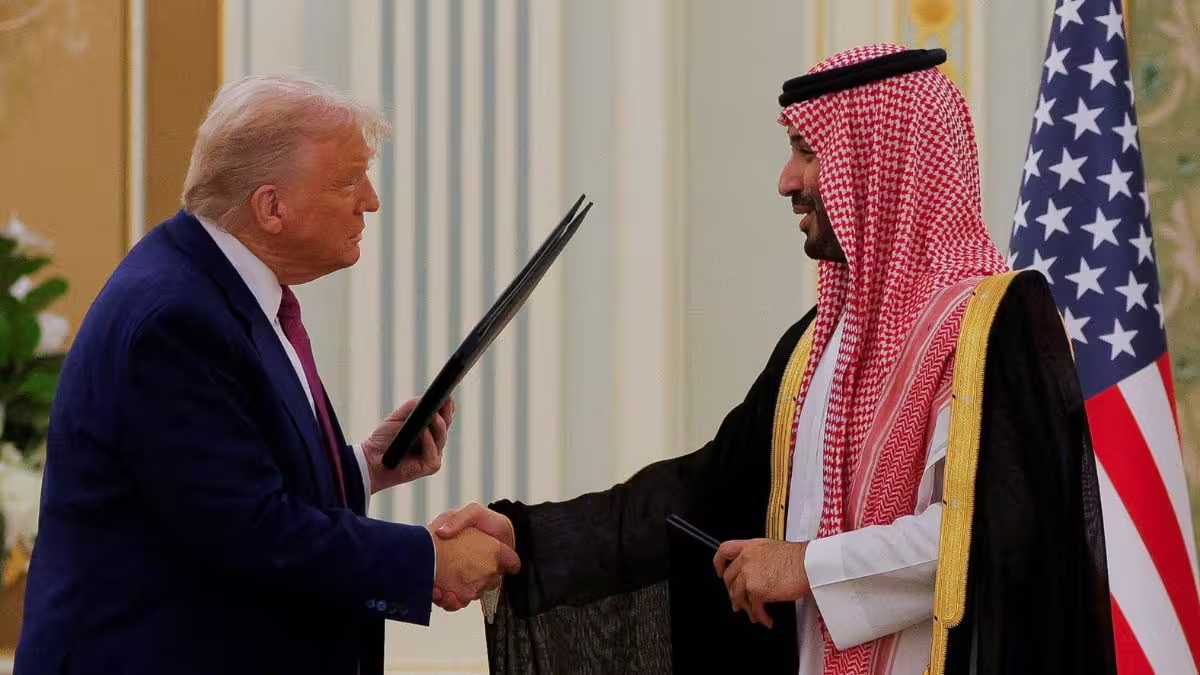

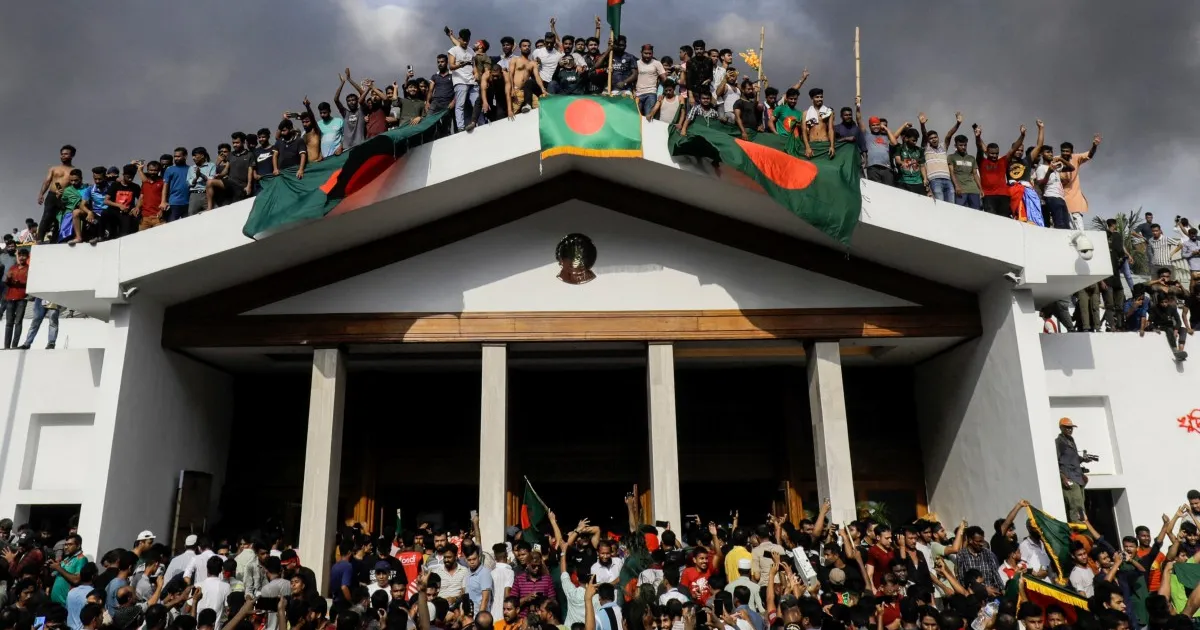

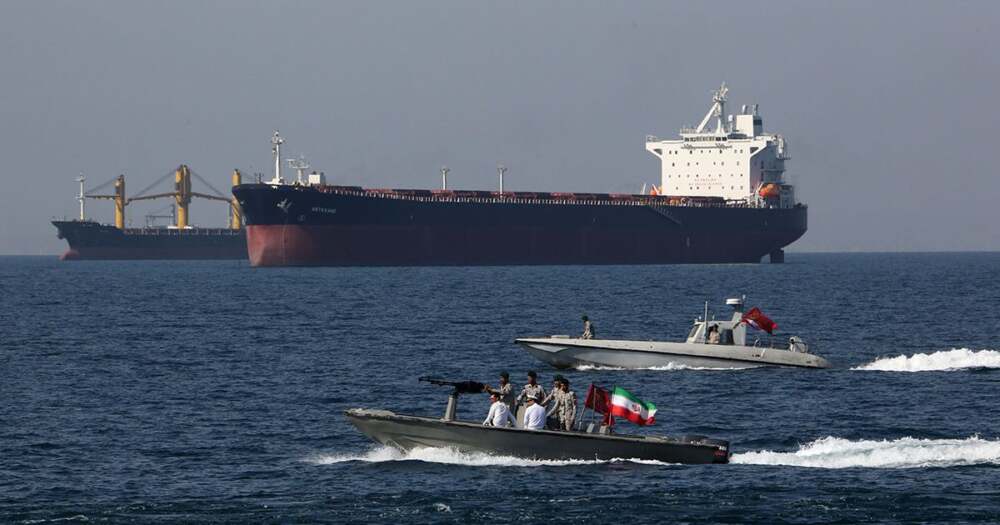
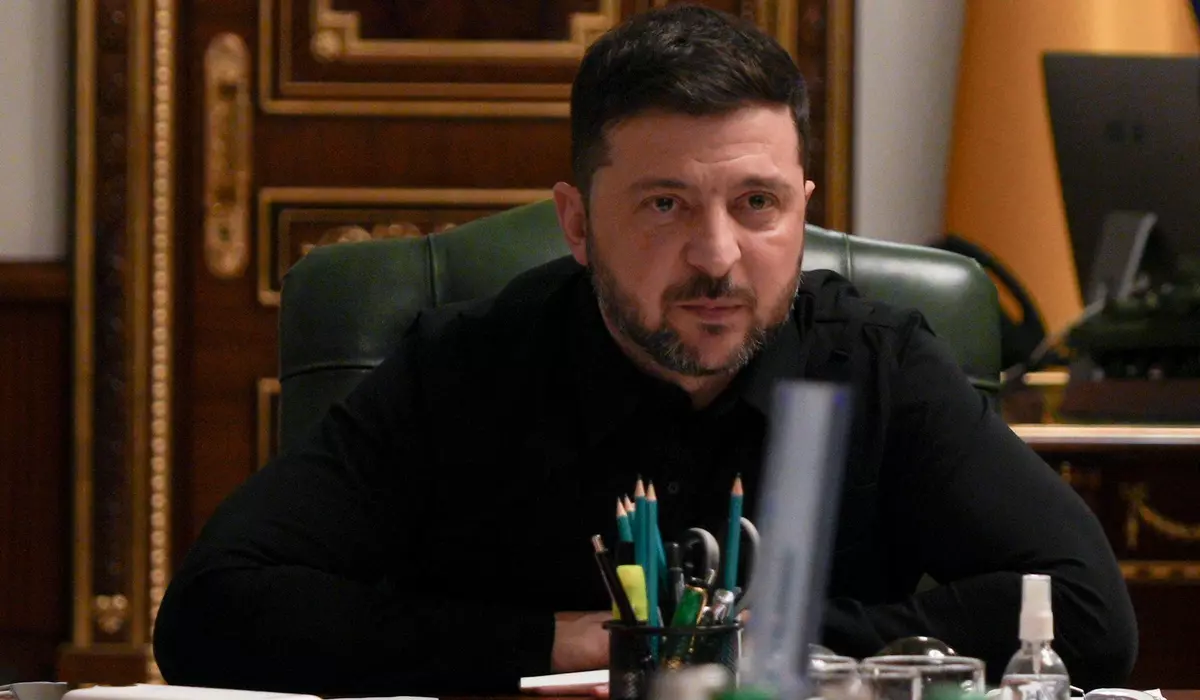
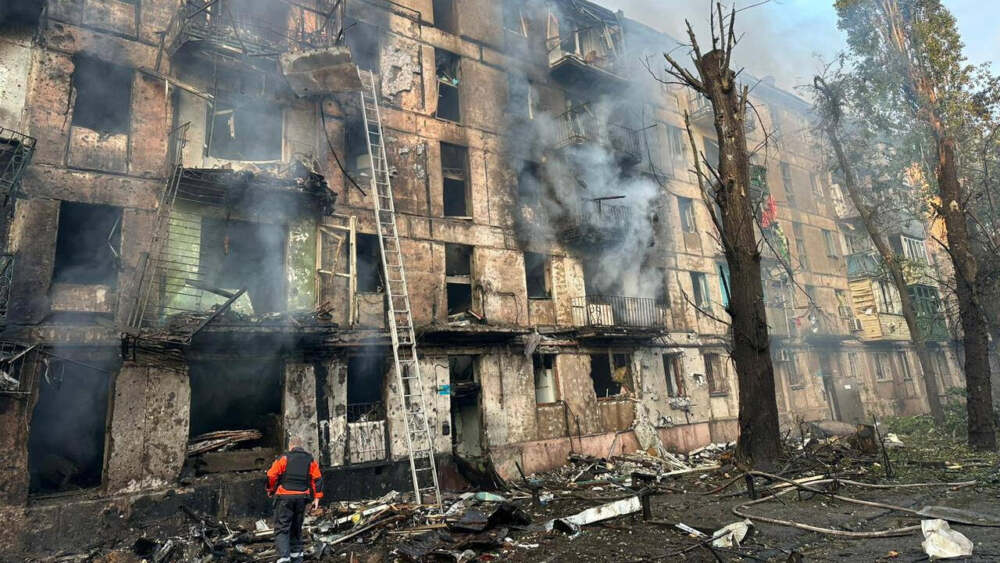
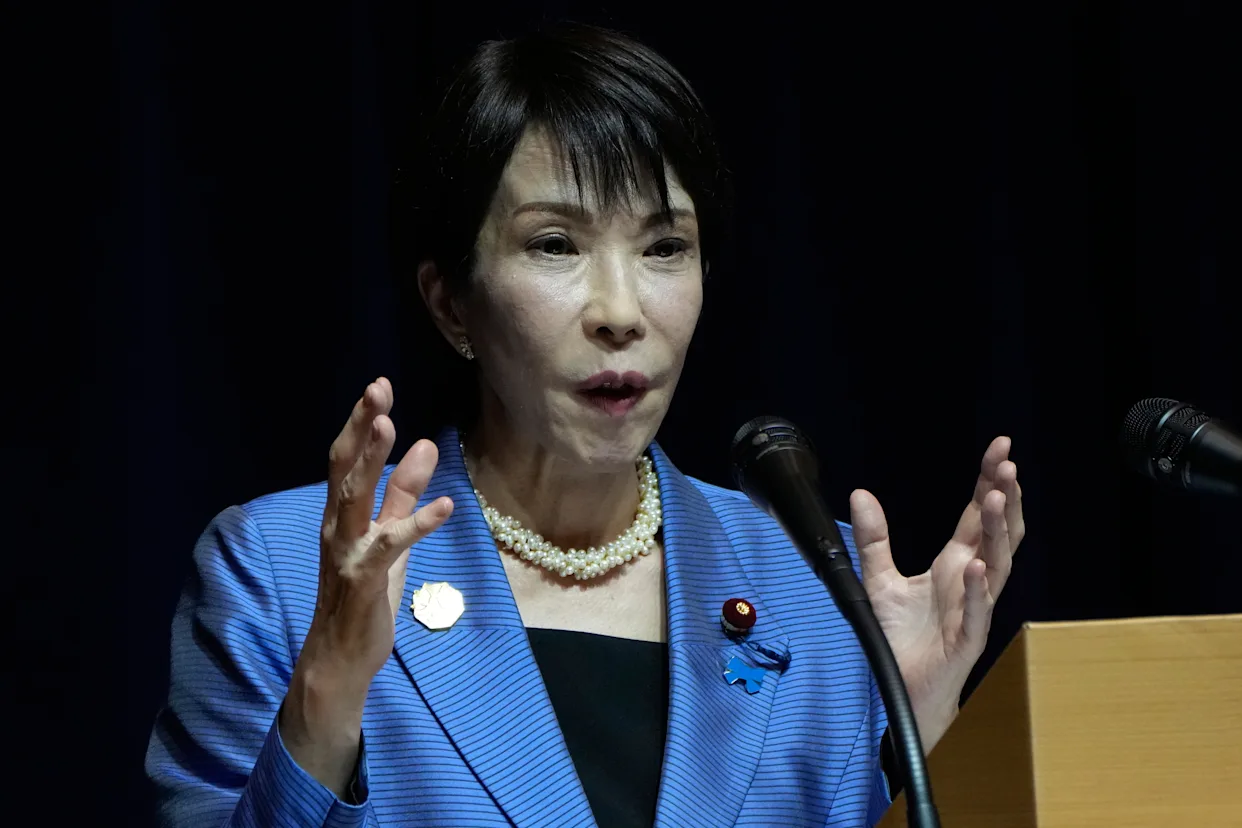
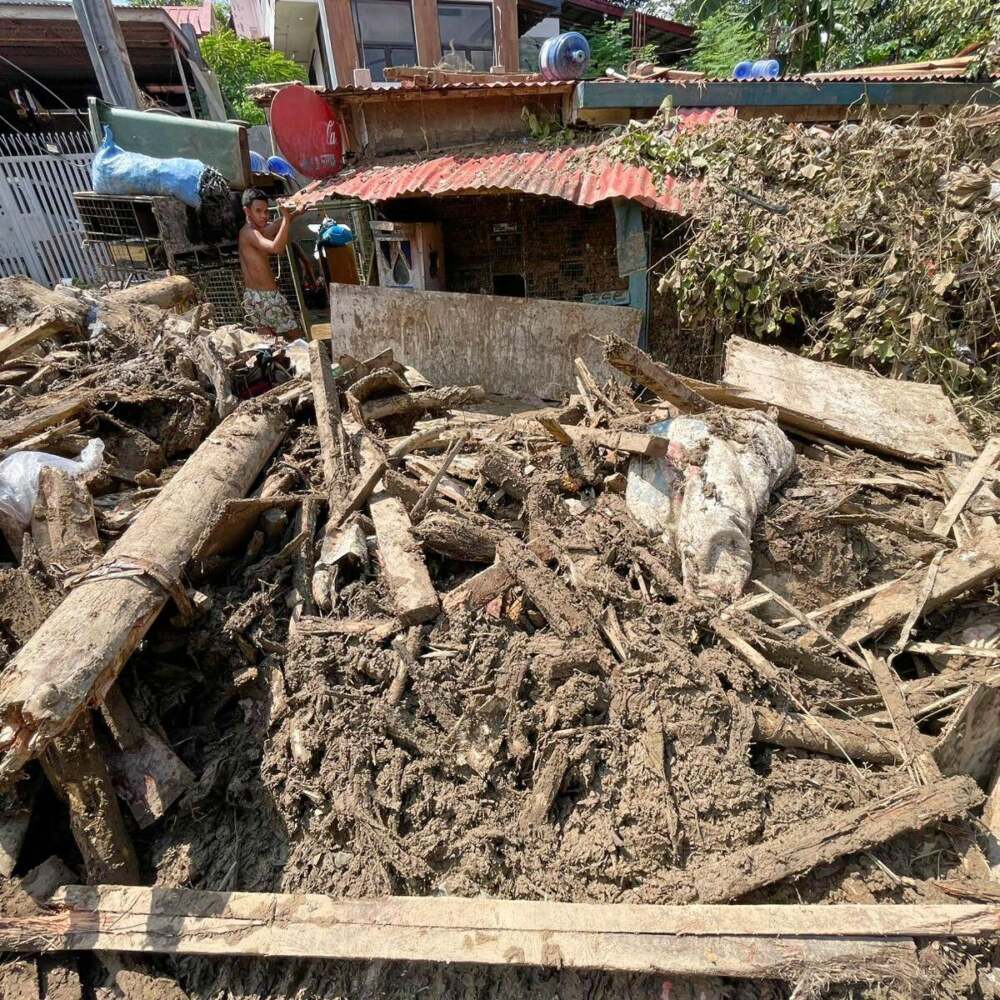



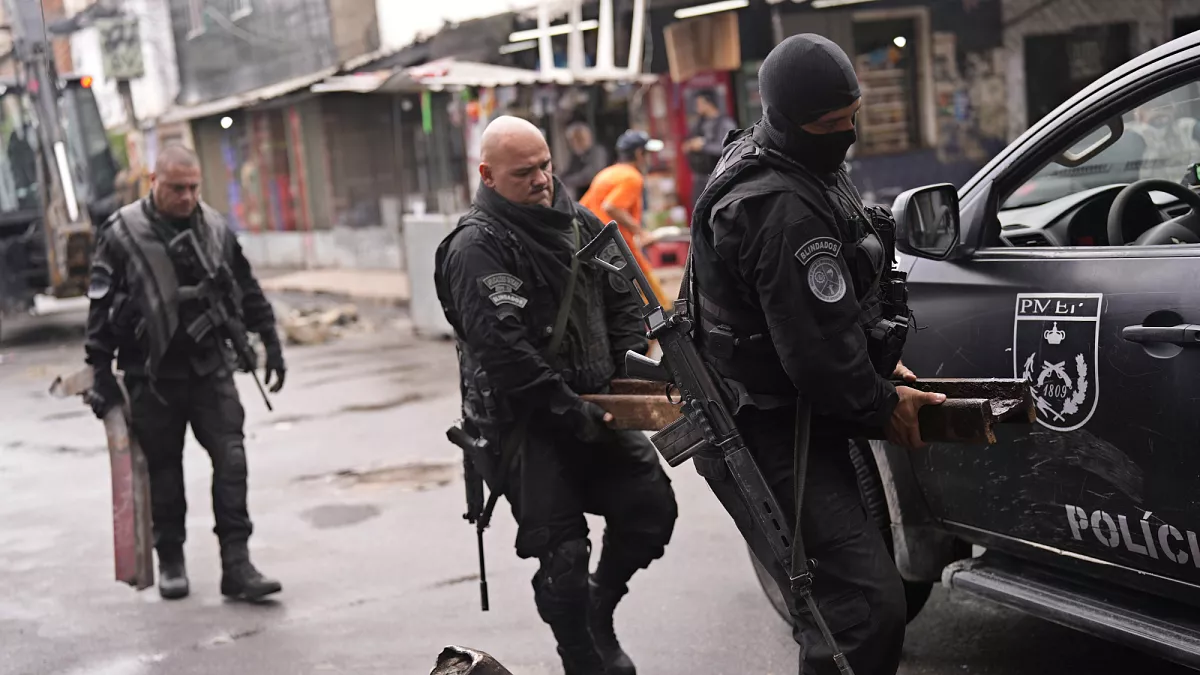
Leave a Reply